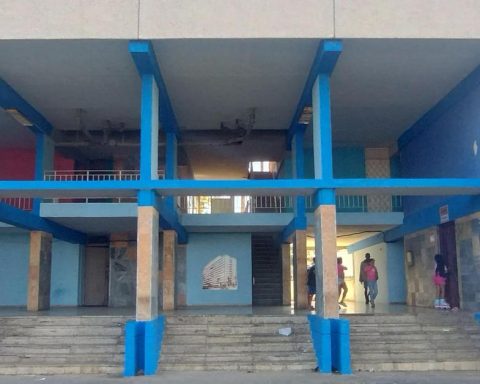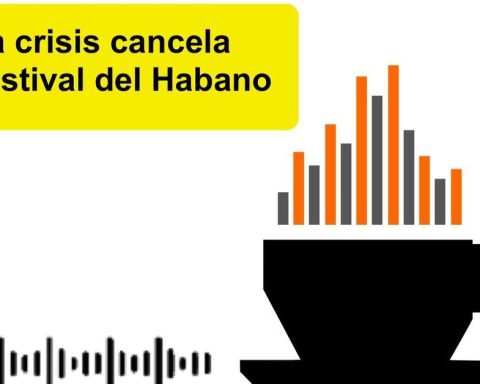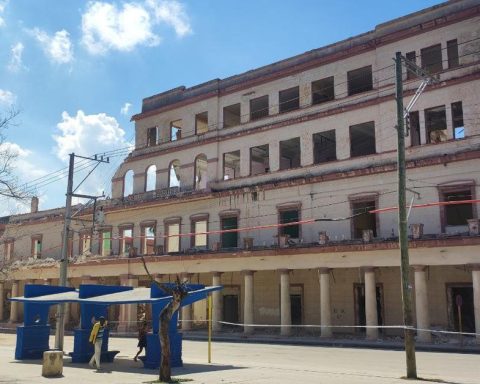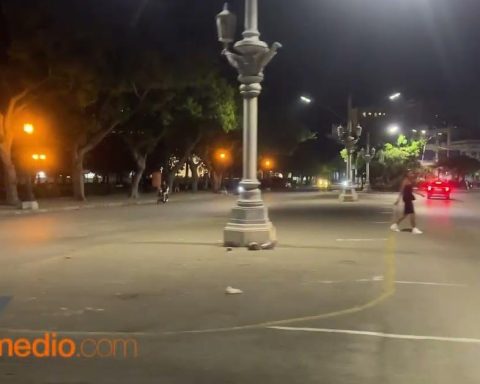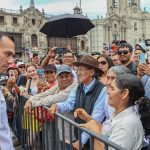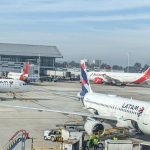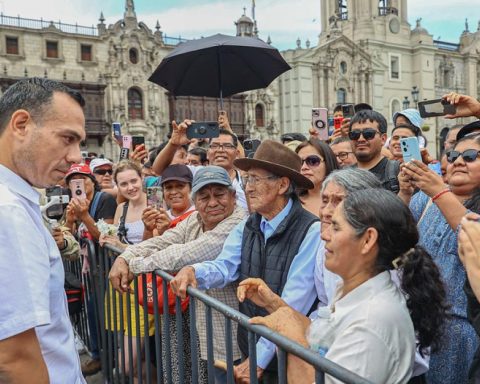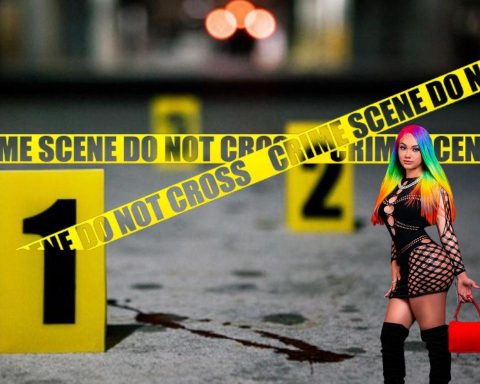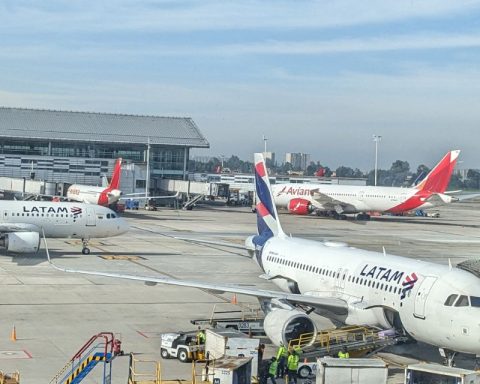Between 2020 and 2021, 12 cyclists have died in traffic accidents in the capital.
On February 18 and 20, 2022, Quito will host the 2022 National Road Championship of cycling, a fact that sounds contradictory in a city where dozens of cyclists have had to take to the streets to ask for safety on the roads.
This after the Ecuadorian athlete, Miryam Nunezwas hit by a hit-and-run vehicle. She is part of the statistics that show the dangers to which those who practice this sport, both professionally and amateur, are exposed.
The Bmotion organization, whose members participated in the demonstration for road safety, points out that between 2020 and 2021, 12 cyclists have died from being run over. In addition, 101 traffic accidents are registered, in which athletes have been harmed.
The figure, in the same period but on a national scale, shows that 54 people have lost their lives in this way and that Quito represents 20% of those deaths.
Anabel Merizalde, an urban cyclist, says that Quito has not worked to promote respect for the roads. “We have bike lanes, but cars drive over them. Road culture does not exist,” she points out.
Pedaling increased by 650%
The security policies that Anabel mentions are essential, especially when this practice increased in the capital during the 2020 pandemic.
According the report Quito How are we doing, the number of cyclists in Quito rose by 650% during the health emergency. Before, the people of Quito made an average of 30,000 daily trips by bicycle. Now 196,000 are registered.
Merizalde considers that the importance of those who travel through cities “in non-polluting media” and that they even contribute to “traffic reduction” has not even been socialized.
Insecurity not only road
Another problem is the increase in bicycle thefts and the lack of a specific protocol for this type of crime.
In 2020 alone, approximately 150 assaults on cyclists were recorded, although there would be underreporting since many people do not report them.
The lack of data shows the little importance of this sport. According to the National Police, the complaints are recorded, but not as ‘theft of cyclists’ or as ‘stolen bicycles’ but as a crime of ‘theft of persons’, so they would not have details of this problem.
Ruta Viva, Simón Bolívar, Guangüiltagua Metropolitan Park, Chaquiñán, Ilaló, Lumbisí are points where athletes ask for a greater police presence. (AVV)
Antes de la pandemia (2020), los quiteños hacían un promedio de 30.000 viajes diarios en bicicleta. Ahora se registran 196.000.

